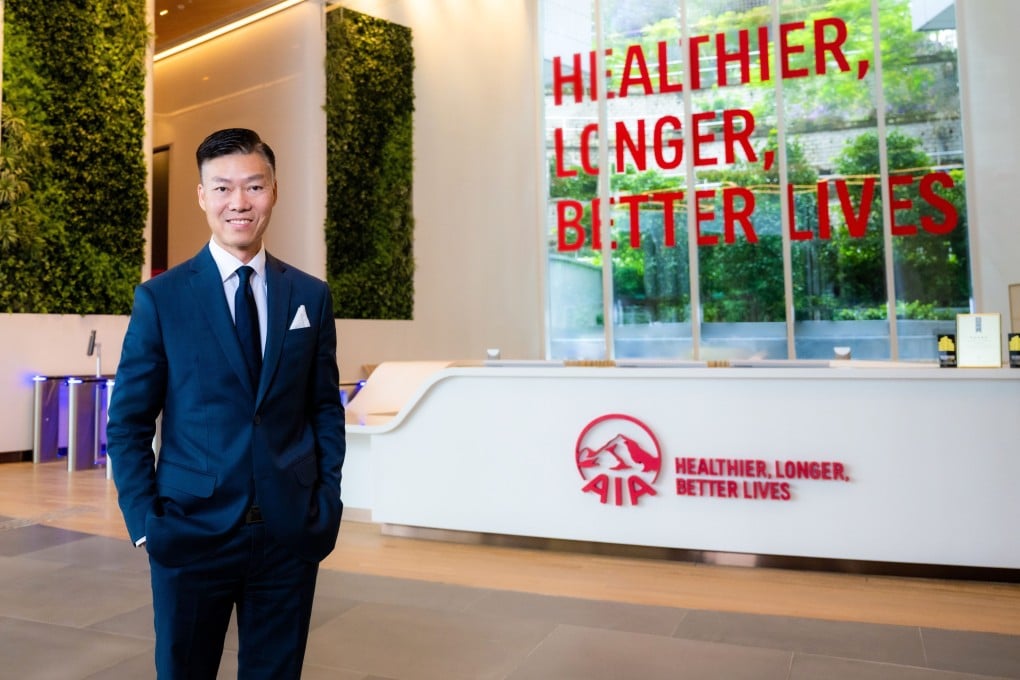AIA Hong Kong sees health as a city’s wealth, CEO says
- The insurer supports customers joining Hong Kong’s new Capital Investment Entrant Scheme with its health and wealth propositions, and expands its health advocacy through the ‘Rethink Healthy’ initiative

Health is a city’s most important asset1, according to the World Health Organization. If a city prioritises health, then better productivity, reduced costs for the public healthcare system and even positive impacts on climate change will follow.
Among all health issues, non-communicable diseases (NCDs), also known as chronic diseases, are collectively responsible for the deaths of 41 million people each year, accounting for 74 per cent of deaths worldwide2.
“Chronic diseases such as diabetes and heart disease, while they are non-infectious, are now among the greatest health threats of our time,” says Alger Fung, CEO of AIA Hong Kong & Macau.
Indeed, NCDs are one of the 21st century’s major health and development challenges, both in terms of human suffering and the damage they cause to a country’s socio-economic fabric. NCDs carry a huge cost that extends beyond health, creating enormous disparities in terms of opportunity, wealth and power3. According to the World Economic Forum, treating NCDs will have already cost the world US$30 trillion by 2030.
Health is wealth
“Insurance is to protect people and communities, helping them to be future-ready. The data is clear – health is a prerequisite for our city to prosper. As a leader in insurance and an organisation deeply rooted in Hong Kong, we passionately believe that we have the responsibility to help people live healthier, longer and better lives,” Fung says. “This is the right thing to do for society, and for AIA.”
Fung calls for the prioritisation of health in Hong Kong for the city’s long-term competitiveness and sustainability. Besides continuous efforts in delivering its Integrated Health Strategy to offer accessible, affordable and effective healthcare, the leading insurer is also starting the “Rethink Healthy” movement in Asia to promote a more holistic and sustainable approach to well-being that is inclusive, relevant and achievable for people in the region.